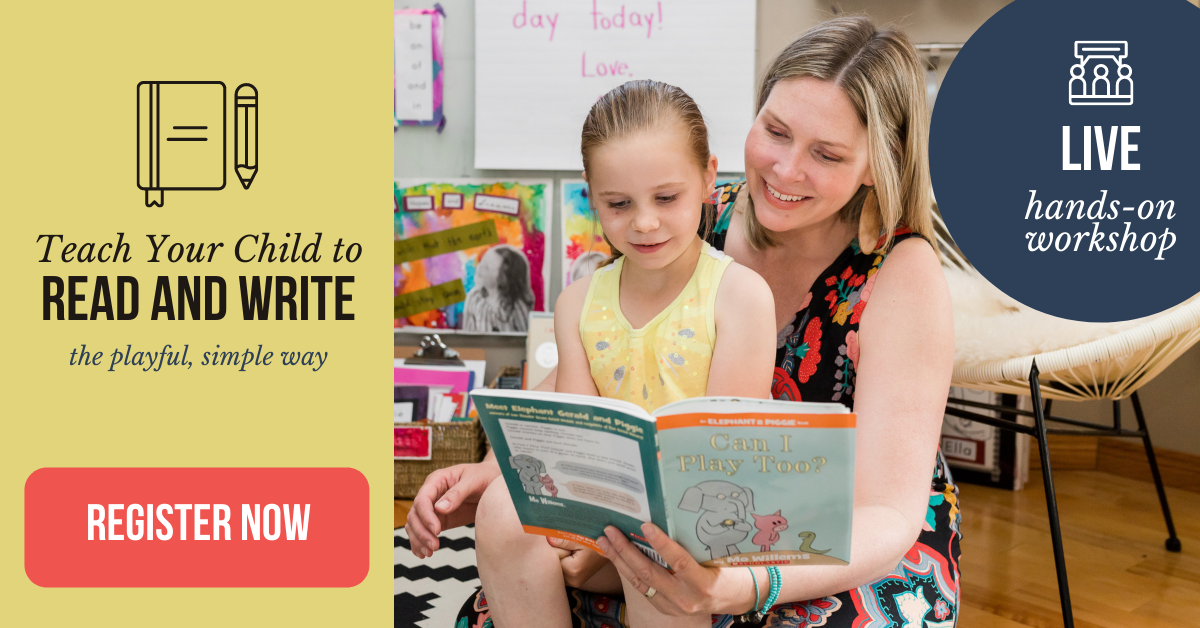The Biggest Predictor for Reading Success
Many homeschool parents are eager to teach their littlest children to learn to read.
But did you know there are several FOUNDATIONAL skills your child needs to master before ever picking up a book or even learning their letters and their sounds?
In this video and article, we're talking about the FUNDAMENTAL pre-cursor to teaching reading, and it has very little to do with letters, sounds or phonics. In fact, research says this skill is the SINGLE BIGGEST PREDICTOR for future reading success.
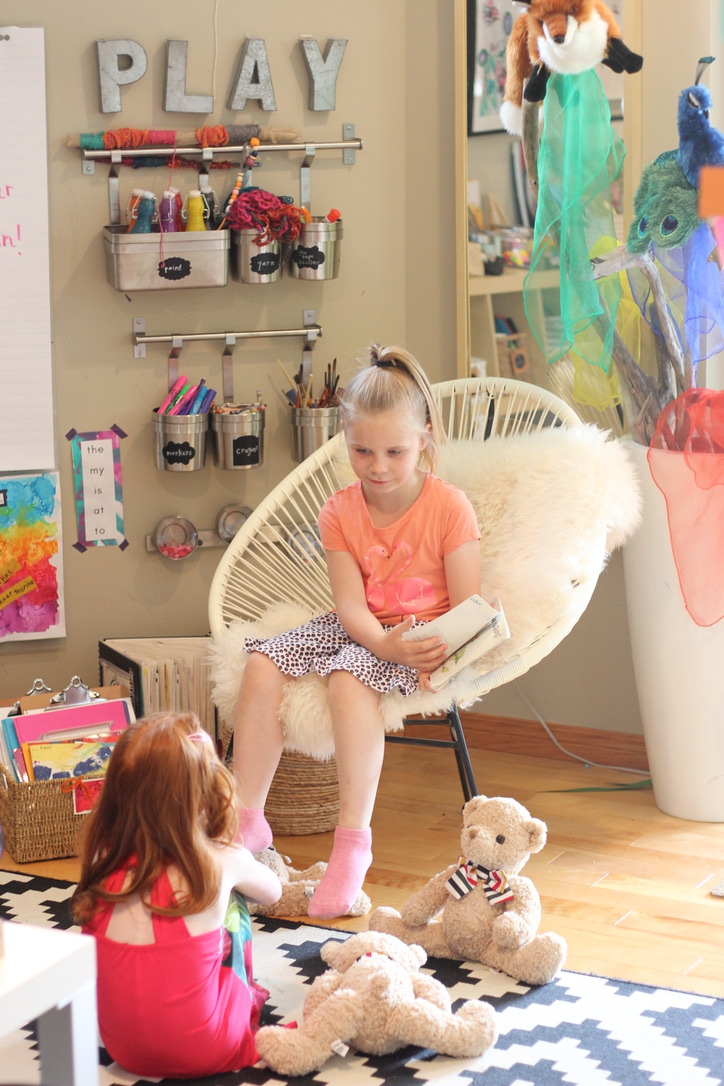
Can you guess what It is?
Phonemic awareness.
And in this article, I'm sharing five playful, prep-free ways you can build this skill every day, so that your child becomes a fluent, skilled reader.
What exactly is phonemic awareness?
At its very core, phonemic awareness is your chid’s ability to PLAY with language.
Phonemic awareness is not phonics.
Phonemic awareness is AUDITORY and does not involve letters or words in print.
It is the ability to hear, identify, and manipulate individual sounds- we call these phonemes--in spoken words.
Phonemic awareness is literally "sound awareness:" the understanding that words are made up of sounds, and the skill of being able to hear, distinguish and manipulate the individual sounds that make up a word.
Before children learn to read, they need to become more aware of how the sounds in words work. In fact, research shows that phonemic awareness is the single, greatest predictor for reading and spelling success.
"One of the most compelling and well-established findings in the research on beginning reading is the important relationship between phonemic awareness and reading acquisition." (Kame'enui, et. al., 1997)
Why is it important?
Phonemic awareness is critical to reading and spelling success. Kids who have a hard time distinguishing and manipulating the sounds within SPOKEN words, have difficulty recognizing and learning the necessary letter-sound relationships that are fundamental to reading and spelling success.
What are the skills and how do we teach them?
There are several strategies you can practice each day (take one each weekday at bedtime!) to exercise and strengthen your child's most important pre-reading skills.
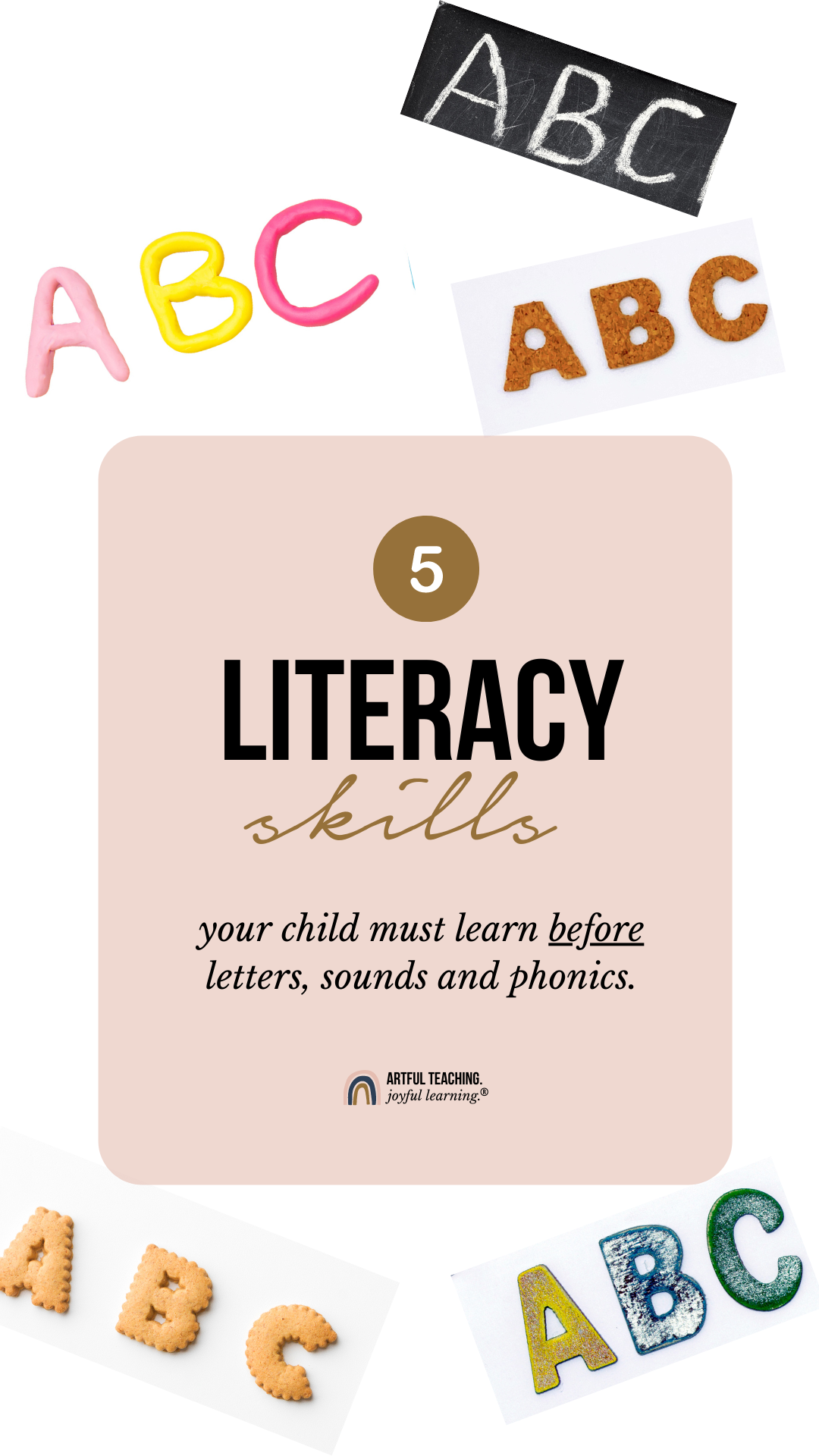
Rhymes
- Read rhyming stories, and leave out the last rhyming word (Mother Goose, Dr. Seuss, Eric Carle/Jim Archambault)
- Offer up a few riddles (I'm thinking of a word that rhymes with clock, this is something I put on my foot... It's a _________)
- Say rhymes, and have your child simply repeat them! "bug, rug" "sun, fun" "pin, win"
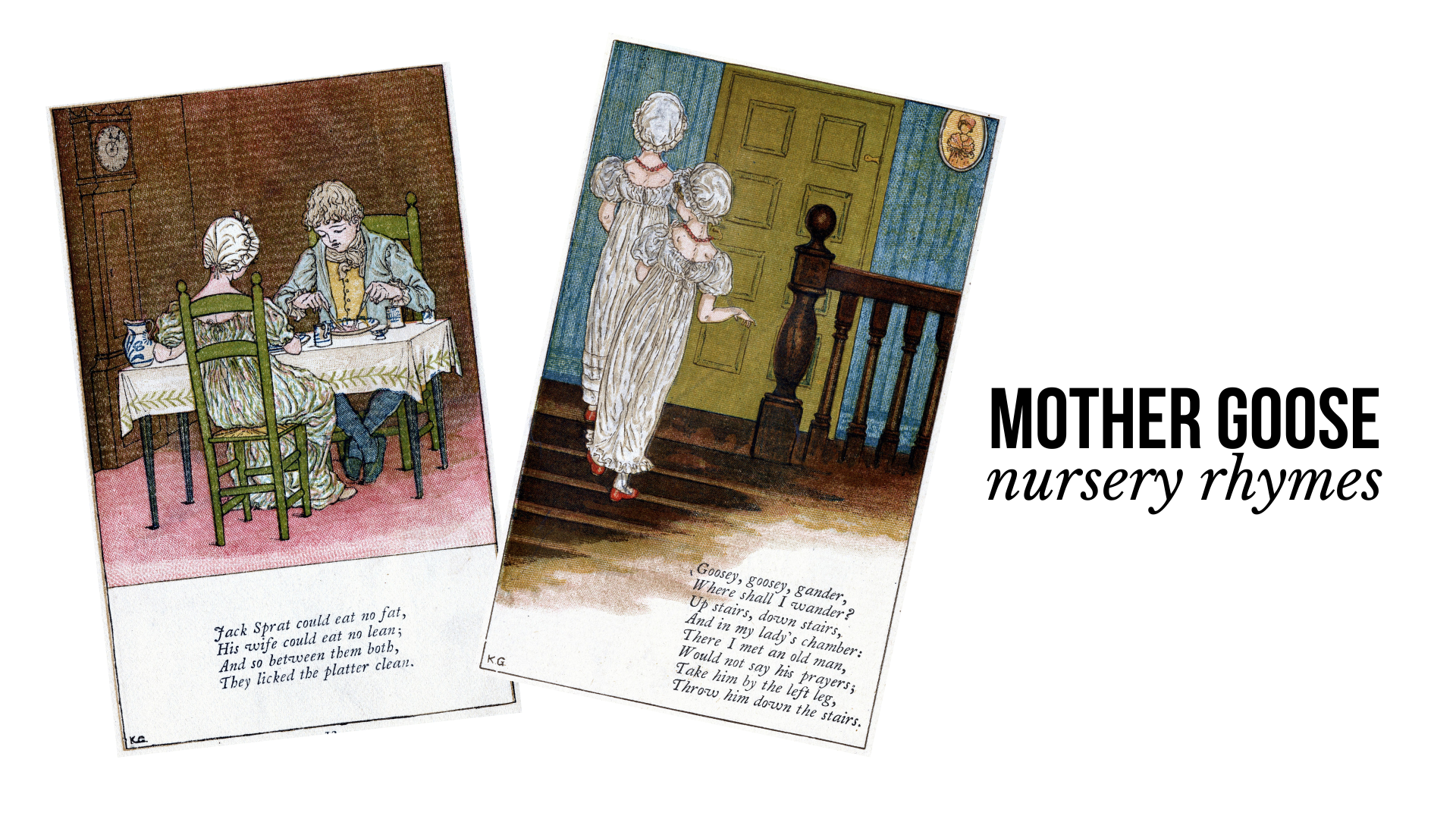
Onset fluency
"Onset" is considered the initial sound of a word, and the "rime" is the string of sounds that follow. The ability to isolate the beginning (and ending sounds) in words is critical for reading success.
Say the word, and ask your child to tell you the first sound they hear.
"JUMP" /j/ "CAT" /k/ "DOG" /d/
Blending
Blending is the ability to hear the individual sounds in a word, put the sounds together, and say the word.
A tactile, hands-on way you can practice this skill is by cutting two pieces of felt or construction paper. One smaller, and one longer. Say the first sound /s/ and show the small piece of felt. Next say /un/ and show the longer piece of felt. Allow your child to manipulate the felt pieces, bringing them closer together to blend the word "SUN."
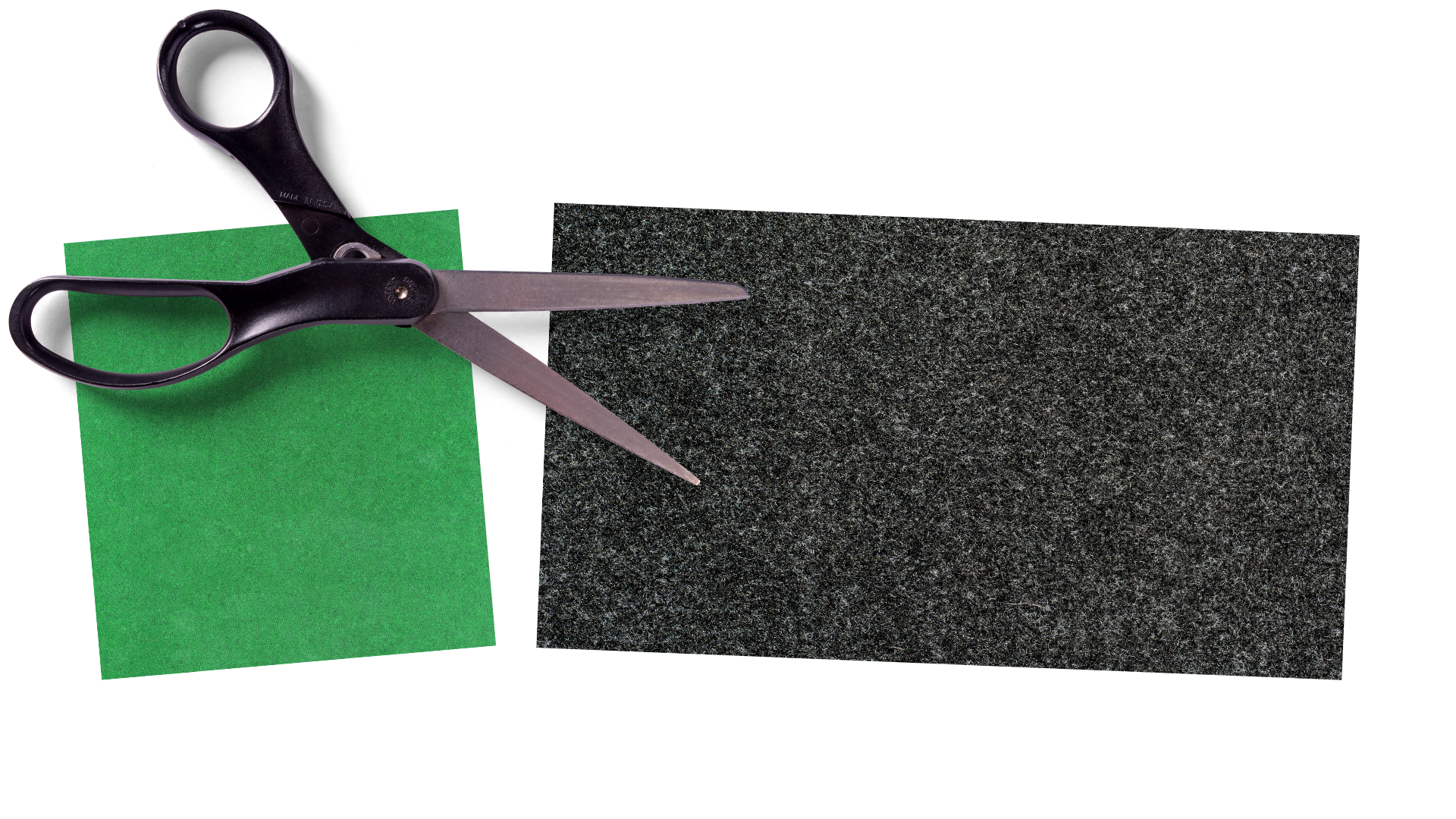
Segmentation
Segmentation refers to your child's ability to break words down into individual sounds. We use a tool called an a Elkonin Boxes to concretely break the word up into separate phonemes. Use a tangible item (stone, gem, poker chips) to invite your child to represent each phoneme. "DUCK" /d/ /u/ /k/
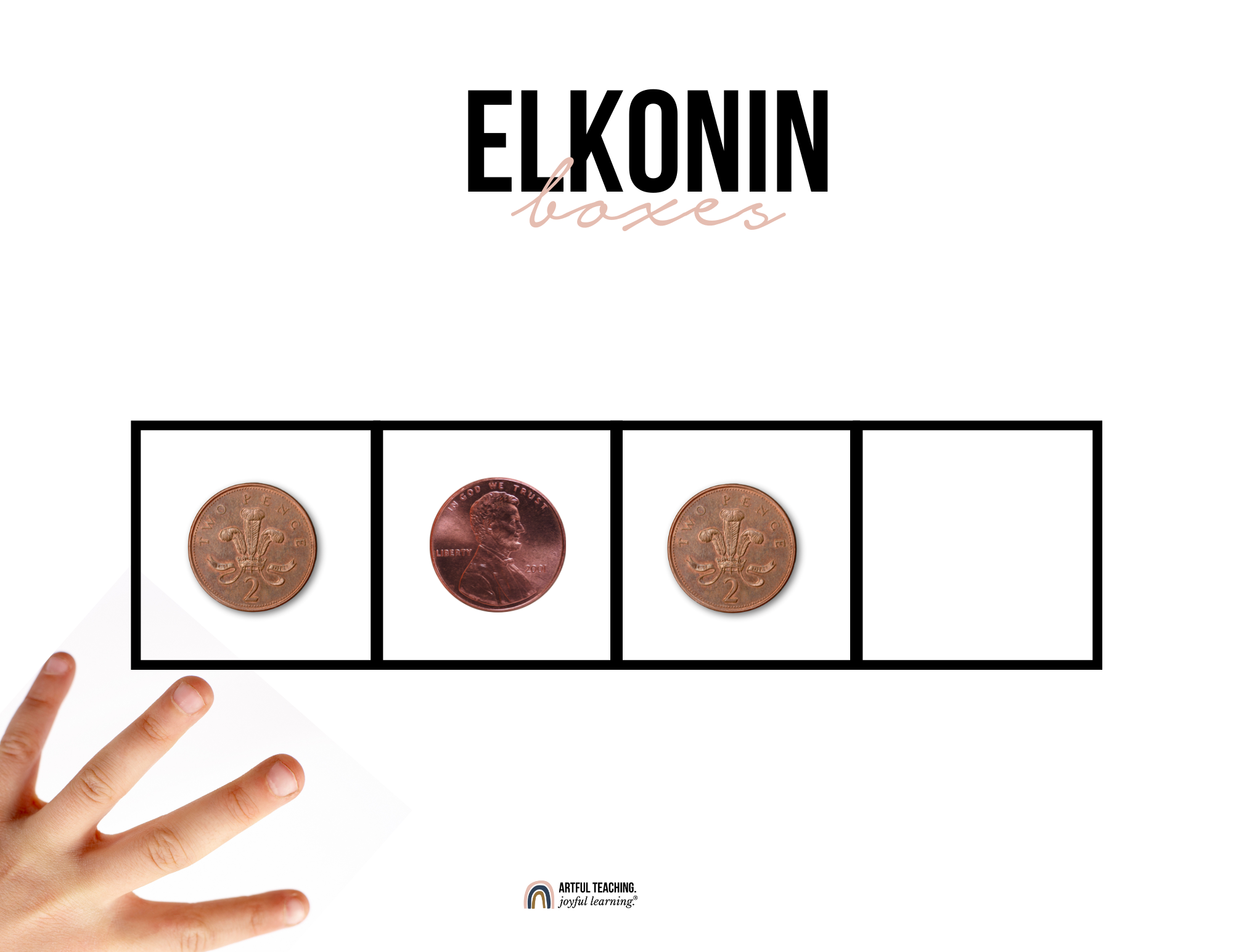
Substituting sounds
We get really playful and silly with the skill of sound substitution. Remember Raffi? He sang the children's classic, Willoughy Wallaby Woo. Use the frame of the song to substitute the beginning sounds of family members' names (use a Post-It to mask the first letter). Willoughby Wallaby /T/om, and elephant sat on MOM. Willoughby Wallaby /T/ia, an elephant sat on MIA.
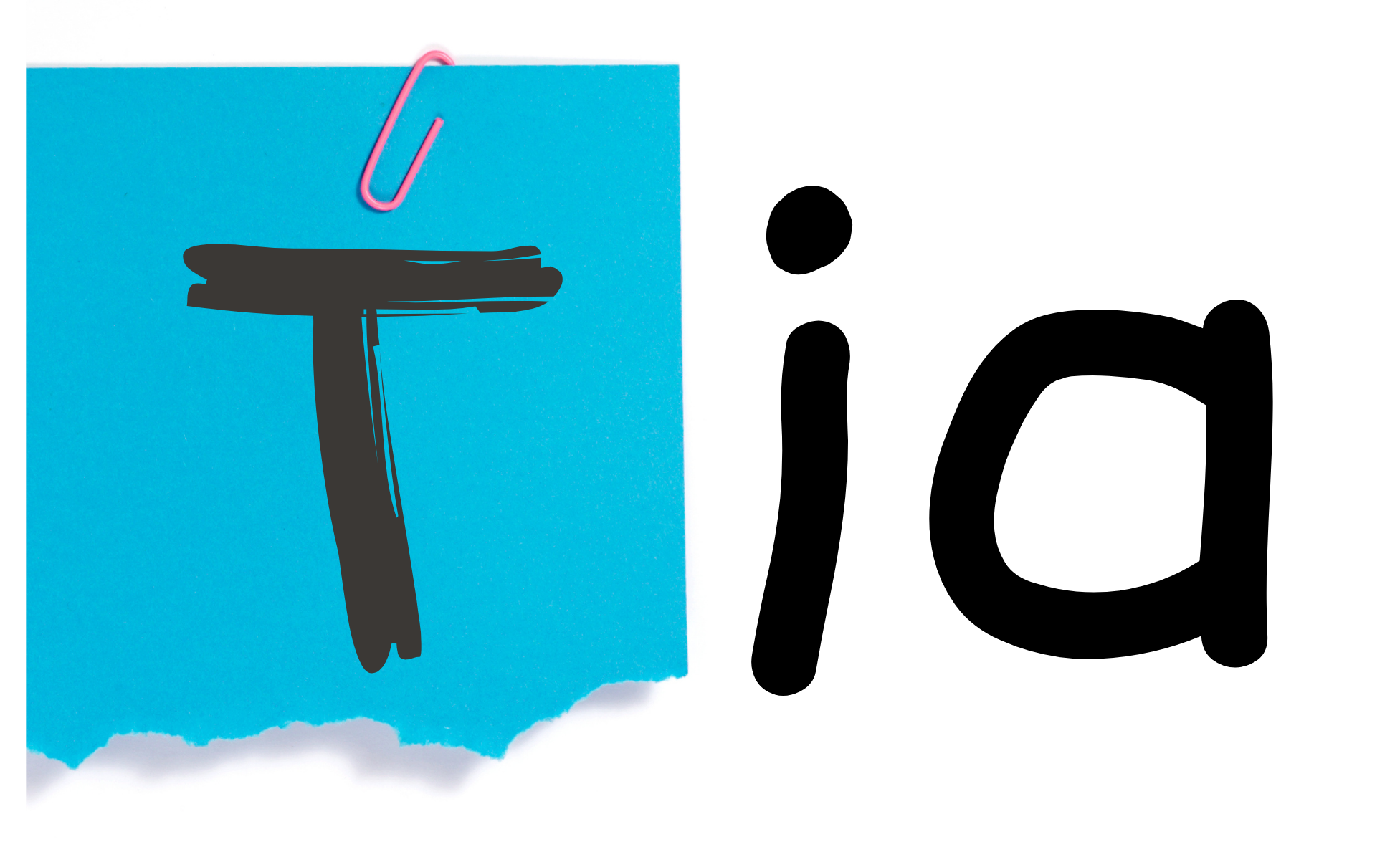
Just like building a home with a solid foundation, phonemic awareness is a must-have skill that should be honed and practiced with your child in intentional yet playful ways.
If you're interested in learning more about reading and writing in the early years, join me for my upcoming LIVE WORKSHOP, Wednesday, November 3 at 8:00 PM CST (replay and MEGA printable bundle available for life!)
Grab your Phonemic Awareness Cheat Sheet

